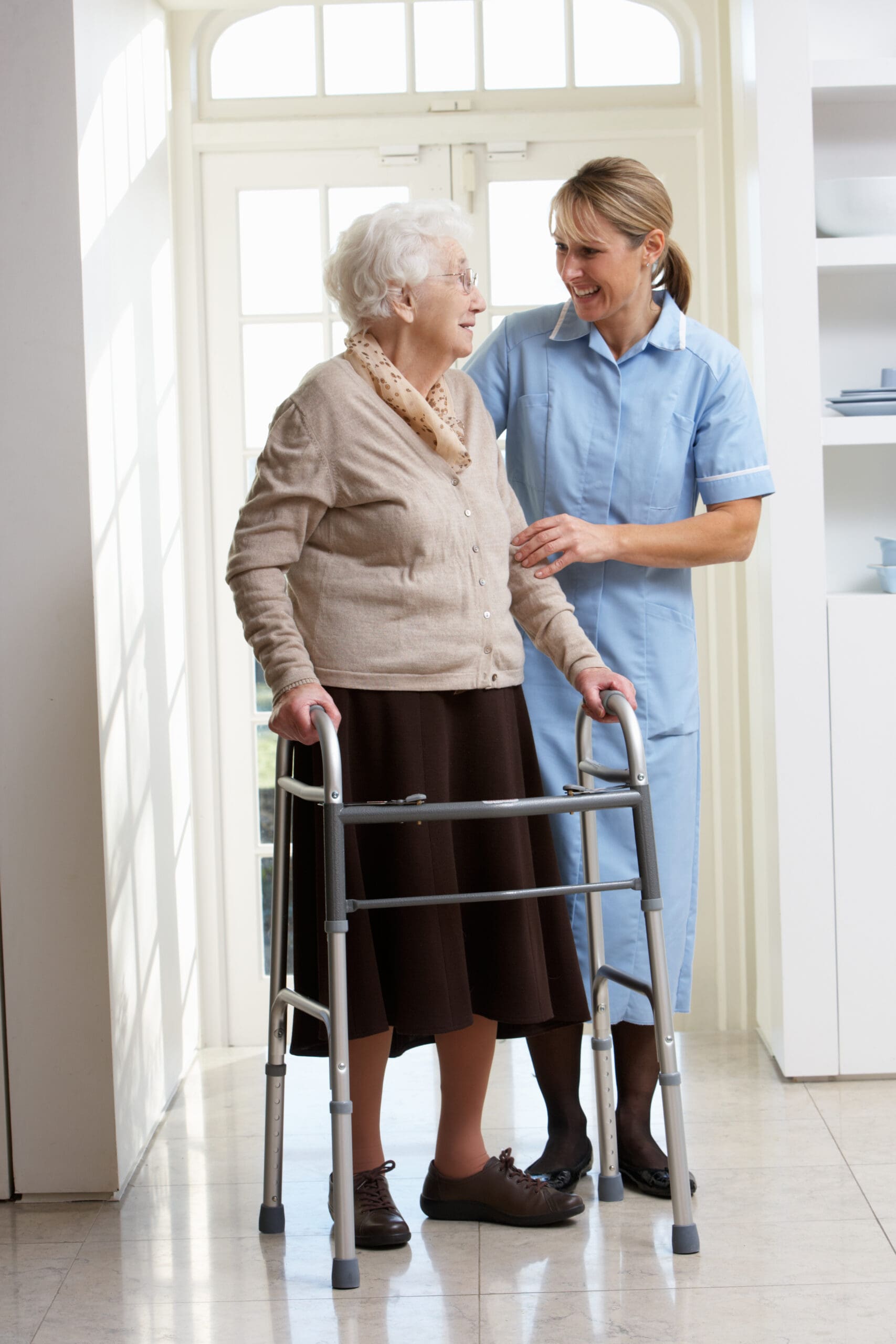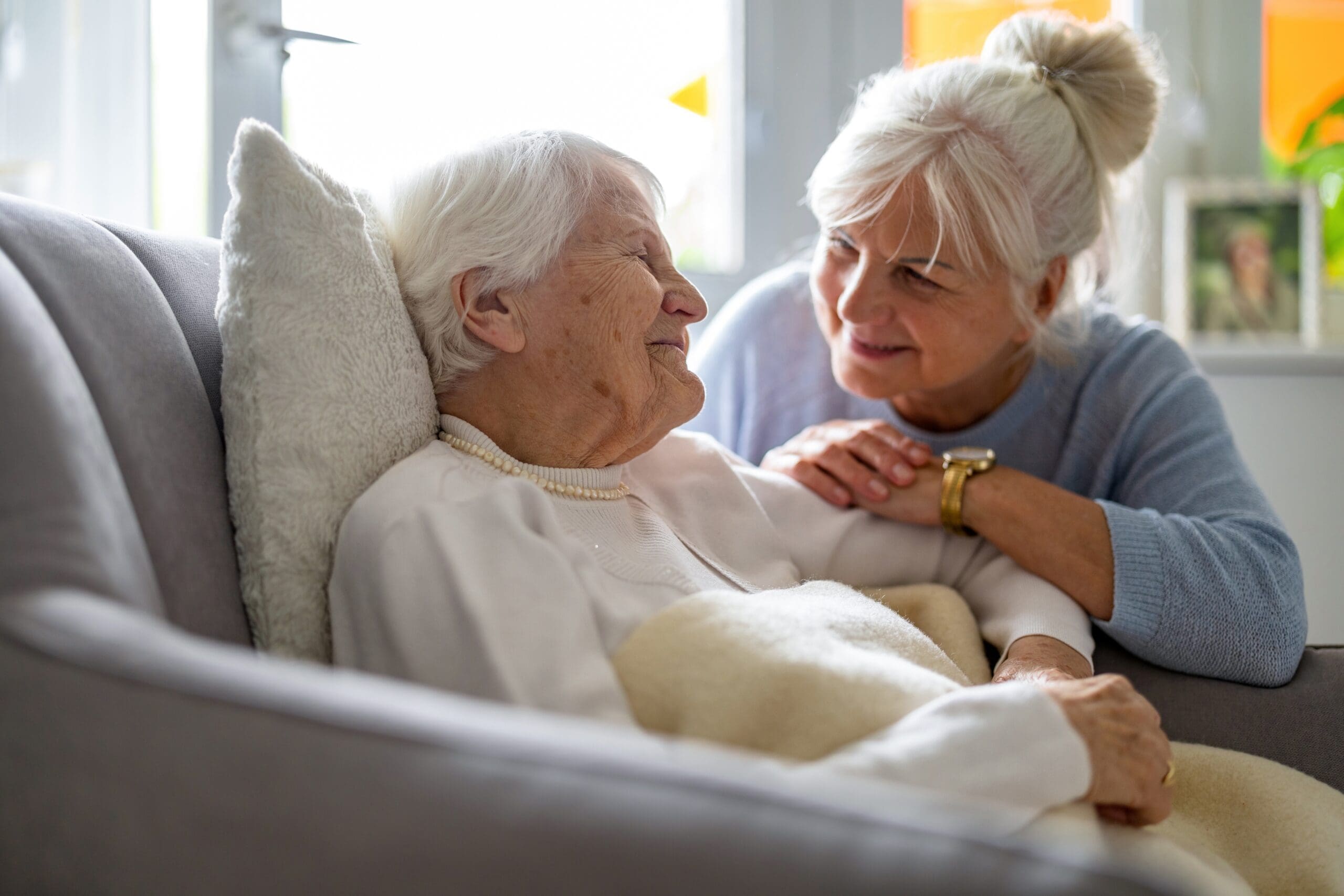How to become an Elderly Carer
Everything you need to know about becoming an Elderly Carer in 2025
Are you considering a fulfilling career as an elderly carer? With an ageing population, the demand for compassionate and skilled carers is on the rise, making it an opportune time to embark on this rewarding path. Becoming an elderly carer not only offers the chance to make a profound difference in people’s lives but also provides personal growth and job security. In this blog post, we’ll guide you through the essential steps to start your journey in this noble profession.
From understanding the key skills required to exploring training opportunities and certifications, you’ll gain valuable insights into what it takes to thrive as a dedicated carer. Whether you’re looking for a career change or just starting out, becoming an elderly carer can be one of the most impactful decisions you’ll ever make. Join us as we delve into everything you need to know about embracing this vital role in society.
In this Elderly Carer career guide
What does an Elderly Carer do?
An elderly carer plays an essential role in ensuring the well-being and quality of life for older adults. Their responsibilities extend far beyond basic care, encompassing a wide range of tasks that cater to both the physical and emotional needs of their clients. At the heart of their duties is providing personal care, which includes assistance with daily activities such as bathing, dressing, and grooming. This support helps maintain the dignity and independence of those they care for.
Moreover, elderly carers often take on the management of medication schedules, ensuring that prescriptions are taken correctly and on time – a crucial aspect in maintaining health and preventing complications. They also prepare nutritious meals tailored to specific dietary requirements, promoting overall wellness.
Beyond these practical tasks, an elderly carer offers companionship – an invaluable service that combats loneliness and enhances mental health. By engaging in meaningful conversations or accompanying clients on walks or outings, carers provide social interaction that enriches lives.
In addition to direct care responsibilities, carers may liaise with healthcare professionals to monitor changes in health conditions or coordinate additional services when needed. This holistic approach ensures comprehensive support tailored to each individual’s unique needs.
Choosing a career as an elderly carer is not just about fulfilling duties; it’s about making a profound difference in people’s lives through compassion and dedication. For those considering this path or seeking services for a loved one, understanding these multifaceted roles highlights the invaluable contribution carers make within our communities.
Responsibilities of an Elderly Carer
Being an elderly carer is a role that comes with significant responsibilities, but it is also deeply rewarding. As our loved ones age, they deserve the highest quality of care and attention. Here are some key responsibilities that define the role of an elderly carer:
Personal Care Assistance: This includes helping with daily tasks such as bathing, dressing, grooming, and toileting. Ensuring the personal hygiene and comfort of elderly individuals is paramount.
Medication Management: Carers often manage medication schedules to ensure that prescriptions are taken correctly and on time, which is crucial for maintaining health and well-being.
Nutritional Support: Preparing balanced meals tailored to dietary needs helps maintain energy levels and overall health. Carers may also assist with feeding if necessary.
Mobility Support: Assisting with moving around safely within their home or outside during activities or appointments helps prevent falls and encourages independence.
Companionship: Providing emotional support through conversation and engagement in activities combats loneliness and enhances mental health.
Household Management: Light housekeeping duties such as cleaning, laundry, shopping for groceries, or running errands ensure a safe and comfortable living environment.
Monitoring Health Conditions: Keeping a vigilant eye on any changes in physical or mental health allows for prompt medical attention when needed.
By fulfilling these responsibilities with compassion and dedication, an elderly carer plays a vital role in enhancing the quality of life for seniors while providing peace of mind to their families.

Skills needed to become an Elderly Carer
Becoming an elderly carer is a rewarding career that offers the chance to make a genuine difference in someone’s life. However, it requires a unique set of skills to ensure the highest level of care and support. If you’re considering this path, here’s a compelling list of essential skills you’ll need:
Empathy and Compassion: At the heart of elderly care is the ability to empathise with those you are supporting. Understanding their feelings and showing compassion can greatly enhance their quality of life.
Patience: Working with older adults often requires patience, as tasks may take longer than expected due to physical or cognitive impairments.
Communication Skills: Effective communication is crucial for understanding the needs and concerns of those in your care, as well as for liaising with family members and healthcare professionals.
Physical Stamina: Caring for elderly individuals can be physically demanding, involving tasks such as lifting or assisting with mobility.
Problem-Solving Skills: Each day may present new challenges that require quick thinking and innovative solutions to ensure your clients’ comfort and safety.
Attention to Detail: Monitoring health changes or medication schedules demands meticulous attention to detail.
Emotional Resilience: The role can be emotionally taxing; hence, maintaining resilience helps you provide consistent support while managing your own well-being.
Flexibility and Adaptability: Being able to adapt to changing situations ensures that you can meet varying needs effectively.
Basic Medical Knowledge: Understanding basic medical procedures or signs of health issues enables prompt action when necessary.
Respectfulness and Professionalism: Treating every individual with dignity fosters trust and respect in caregiver-client relationships.
Possessing these skills not only enhances your capability as an elderly carer but also enriches the lives of those you serve, making it a truly fulfilling profession.
What qualifications do Elderly Carer’s need?
When considering a career as an elderly carer, it’s important to understand the qualifications and skills required to excel in this rewarding field. While formal qualifications are not always mandatory, they can significantly enhance your employability and effectiveness in providing high-quality care.
Firstly, obtaining a Level 2 or 3 Diploma in Health and Social Care is highly beneficial. These diplomas provide foundational knowledge and practical skills necessary for caring for the elderly. They cover essential topics such as safeguarding, personal care techniques, and communication skills – critical components of effective caregiving.
In addition to formal qualifications, having relevant experience can be invaluable. Many employers look favourably upon candidates with voluntary or paid experience in caring roles. This hands-on experience helps develop empathy, patience, and understanding – qualities that are crucial when working with older adults.
Furthermore, possessing certain soft skills is equally important. Effective communication is paramount; being able to listen actively and convey information clearly ensures that the needs of those you care for are met efficiently. Problem-solving abilities also play a critical role in adapting to various situations that may arise during caregiving.
Finally, continuous professional development is key in this ever-evolving field. Engaging in training courses on first aid or specialised dementia care can further enhance your skill set and keep you up-to-date with best practices.
By equipping yourself with both the right qualifications and personal attributes, you’ll be well-prepared to make a significant difference in the lives of those under your care while advancing your career prospects within this noble profession.
Work environment and hours
As we delve into the world of elderly care, it’s crucial to understand the work environment and hours that shape this vital profession. Elderly carers play an indispensable role in our society, offering compassion and support to those who need it most. However, the nature of their work requires a setting that both respects their dedication and promotes their well-being.
The work environment for elderly carers is diverse, ranging from residential care homes to clients’ private residences. Each setting presents unique challenges and rewards, but all require a space that is safe, supportive, and equipped with the necessary resources to provide high-quality care. A positive work environment not only enhances job satisfaction but also directly impacts the quality of care provided.
When it comes to working hours, flexibility is key. The needs of elderly individuals do not adhere to a typical 9-to-5 schedule; therefore, carers often find themselves working evenings, weekends, or even overnight shifts. While this can be demanding, many carers appreciate the variety and flexibility these hours offer. It allows them to build meaningful relationships with those they care for while accommodating their own personal commitments.
Employers in this sector must recognise the importance of creating a balanced schedule for their staff – one that respects both the demands of caregiving and the carer’s need for rest and recuperation. By fostering an environment where carers feel valued and supported through fair working conditions and reasonable hours, we ensure they can continue providing exceptional care without compromising their own health or happiness.
In conclusion, by prioritising a positive work environment and flexible hours tailored to meet both carer needs and client demands, we can create a sustainable model for elderly care – one where everyone benefits from better support systems designed with empathy at its core.

How much do Elderly Carer’s earn?
Elderly carers play a crucial role in our society, providing essential support and companionship to some of the most vulnerable members of our communities. But how much do these dedicated professionals actually earn in the UK? Understanding the financial rewards of this noble profession can help potential carers make informed career decisions.
In the UK, the salary for an elderly carer can vary significantly depending on several factors, including location, experience, and qualifications. On average, entry-level positions may start at around £18,000 per annum. However, with experience and additional training or certifications, carers can see their earnings increase to upwards of £25,000 annually. Furthermore, those who choose to specialise in areas such as dementia care or palliative care may command even higher salaries due to their specialised skill set.
It’s important to note that many employers also offer additional benefits that contribute to overall job satisfaction and financial security. These benefits might include pension schemes, paid holiday leave, and opportunities for professional development.
Ultimately, while the financial aspect is an important consideration for anyone entering this field, many find that the true rewards of being an elderly carer go beyond monetary compensation. The opportunity to make a meaningful difference in someone’s life offers its own unique fulfilment that cannot be measured by salary alone.
Types of roles for Elderly Carer’s
When considering a career in elderly care, it’s important to understand the diverse roles available within this rewarding field. Each position plays a crucial part in ensuring the well-being and happiness of our ageing population.
One common role is that of a personal care assistant, who provides hands-on support with daily activities such as bathing, dressing, and meal preparation. This role requires compassion and patience, as it often involves working closely with individuals to maintain their dignity and independence.
Another key position is that of a home health aide, who not only assists with personal care but also monitors vital signs and helps manage medications. This role is essential for those needing medical oversight while remaining in the comfort of their own homes.
For those interested in more specialised care, becoming a dementia carer might be the right path. These professionals are trained to support individuals suffering from Alzheimer’s or other forms of dementia, focusing on creating safe environments and engaging activities tailored to cognitive abilities.
In residential settings, roles such as care home managers or activities coordinators are vital. Managers ensure smooth operations and high standards of care within facilities, while activities coordinators design programmes that promote social interaction and mental stimulation for residents.
Each role within elderly care offers unique challenges and rewards but ultimately contributes to enhancing the quality of life for older adults. Whether you’re providing direct support or managing services behind the scenes, your work makes a significant difference every day.

Professional Development and Career Paths
In the realm of elderly care, professional development is not just a pathway to personal growth but a crucial component for enhancing the quality of care provided. For carers, investing in their career paths brings numerous benefits, both personally and professionally. By pursuing further training and education, carers can specialise in areas such as dementia care or palliative support, which not only enriches their skill set but also significantly improves the lives of those they care for.
Moreover, with an ageing population and increasing demand for skilled carers, there is a wealth of opportunities within this sector. Professional development can lead to roles with greater responsibility and influence, such as team leadership or managerial positions within care homes or community settings. Additionally, gaining qualifications in elderly care can open doors to roles in policy-making or advocacy work where carers can contribute to shaping the future of eldercare services.
Investing time in professional development also fosters a sense of accomplishment and job satisfaction. It empowers carers with confidence and knowledge that enable them to handle challenging situations with expertise and compassion. By choosing to advance their careers through continuous learning and professional growth, elderly carers not only enhance their own prospects but also play an integral role in uplifting the standards of eldercare across communities.



